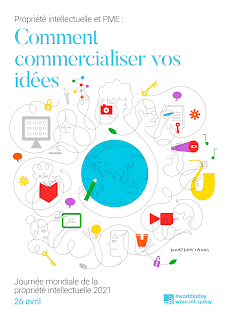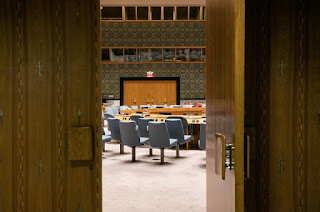FORUM: Jazz Day10th anniversary. International Day of Jazz 2021.
The Hancock Institute of Jazz brings respected jazz musicians and educators into a dozen public performing arts high schools in cities across the country to provide intensive jazz training for exceptionally gifted and motivated student musicians. This specialized performance-based program enables students to participate in small combos and receive instruction in theory, composition, improvisation, history, and styles, preparing them to attend leading college, university, and conservatory music programs. The program offers students the opportunity to participate in a highly specialized performance-based jazz curriculum, study with some of the world’s most eminent jazz artists, and perform in jazz combos comprised of their peers.
Celebrations again saw over 190 countries participate in the worldwide celebration, with a spectacular All-Star Global Concert for the first time featuring artists performing from cities across the globe. With segments shot on-location in New York, Los Angeles, London, Monaco, Paris, Moscow, Cape Town, Tokyo and Rio De Janeiro, among other locations, the 2021 concert showcased the universality of jazz in inimitable style. Hosted by Academy Award winner Michael Douglas from UN Headquarters in New York and with artistic direction from Herbie Hancock and musical direction from John Beasley, the concert featured an array of renowned artists representing more than 20 countries. In the lead-up to the All-Star Global Concert, students of all ages around the world benefitted from a series of free virtual education programs with acclaimed educators, musicians and public figures, including Herbie Hancock, UNESCO Director-General Audrey Azoulay, Kris Bowers, Terri Lyne Carrington, Antonio Sánchez, Linda Oh and many more.
The 2021 All-Star Global Concert featured an historic lineup of performances by some of the world’s greatest jazz masters. For the first time ever, in honor of the 10th Anniversary of International Jazz Day, the 2021 Concert showcased artists joining from an array of locations around the world–demonstrating the global reach and appeal of this special music.
The 2021 concert included stunning performances by Herbie Hancock (Artistic Director), John Beasley (Musical Director), Alex Acuña, Melissa Aldana, Justo Almario, Massimo Biolcati, Dee Dee Bridgewater, A Bu, Jonathan Butler, Cyrus Chestnut, Mahmoud Chouki, Gerald Clayton, Andra Day, Amina Figarova, Roberta Gambarini, Kenny Garrett, James Genus, Stefon Harris, Ingrid Jensen, Angelique Kidjo, Joe Lovano, Romero Lubambo, Rudresh Mahanthappa, Marcus Miller, Dianne Reeves, Antonio Sánchez, Veronica Swift, Francisco Torres, Justin Tyson and Ben Williams. Leading performances from their home countries were Igor Butman in Moscow (Russia), Jacob Collier in London (United Kingdom), Mandisi Dyantyis in Cape Town (South Africa), Ivan Lins in Rio De Janeiro (Brazil), John McLaughlin in Monaco, James Morrison in Mt. Gambier (Australia) and Junko Onishi in Tokyo (Japan), among others. The All-Star Global Concert served as the official culmination of International Jazz Day 2021, capping a program of performances, educational workshops, community service projects, panel discussions, jam sessions, radio and television broadcasts, virtual gatherings and more – all following recommended public health guidelines – taking place in all 50 U.S. states and more than 190 countries on all seven continents. As part of the lead-up to the concert, the Institute and UNESCO offered a series of free virtual educational programs, including master classes with renowned jazz musicians such as Antonio Sánchez, Linda Oh and Lionel Loueke; a children’s workshop with vocalist Dee Dee Bridgewater; and illuminating panel discussions featuring UNESCO Director-General Audrey Azoulay, Institute Chairman Herbie Hancock, drummer Terri Lyne Carrington, pianist and composer Kris Bowers, hip-hop producer DJ Khalil and others. Check out the full suite of programs by visiting


































